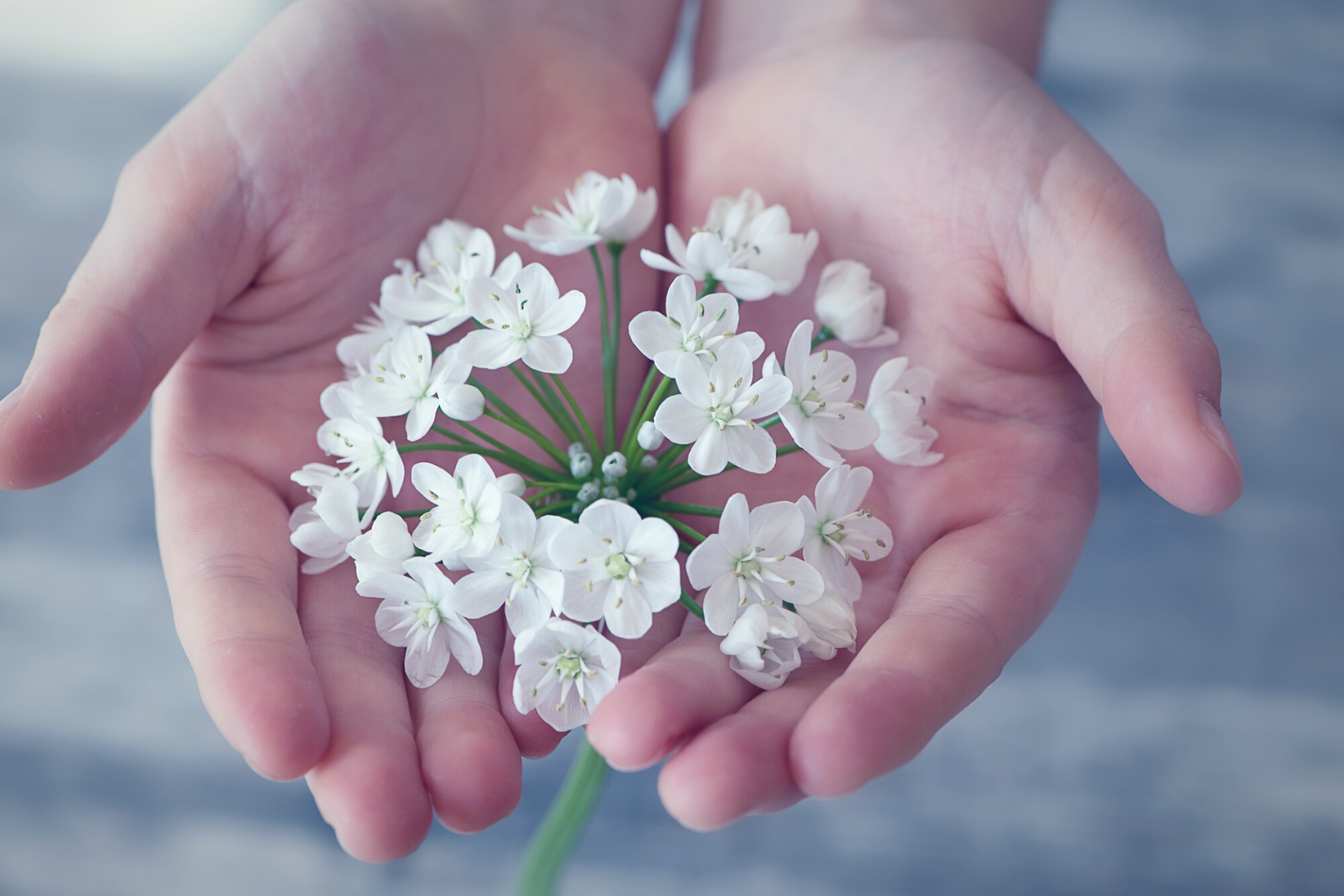Mental wellbeing
The wellbeing of the mind is built on the foundational blocks of everyday life: food, sleep, relationships with other people, exercise, meaningful activities, and values. That’s why it is important to look after your wellbeing and resources on a daily basis.
The basics for staying fit are a regular meal pattern and a varied diet that suits you, adequate sleep and rest, and exercise that you enjoy and that suits you. Connecting with other people, caring, and loving strengthens mental health because the experience of mattering to others and belonging is important for everyone. You can find a sense of inclusion and belonging through the activities of a community you care about, such as work, hobbies, or organisations. Curiosity and enthusiasm for new things are good for the mind.
The mind is strengthened by an ability to recognise and share one's feelings and concerns with others. Resilience, the ability to cope in the face of adversity, helps us adapt to change. In the face of loss or upheaval, experiencing life as meaningful also helps the mind to cope. The ability to forgive and experience compassion also strengthens us.
Physical illness and mental health
Illness and the fears and life changes that it brings are a burden on mental health. With good care and adequate information, it is possible to prevent the mind from becoming ill together with the body. Treatment should always be sought for depression and other mental disorders.
Adapting to an incurable or intractable disease is not easy; it can take a long time and is always individual. Adapting to living with a disease is helped by research-based, accessible information, a commitment to treatment, support from loved ones, and peer support. The emotions caused by the illness can be strong, but it is important to face them. The feelings are an understandable reaction to a new and difficult situation.
Living with constant pain reduces your ability to function and takes a toll on your resources. This can bring big changes to your life: your job and hobbies may be lost, relationships with loved ones may become more difficult... Many people living with chronic pain find it important to exercise within the limits of their resources and to talk to loved ones, their peers and, if necessary, a professional. Illness and the pain it may bring must be gradually accepted as part of your life, without forgetting to seek help and treatment.
Korento provides information and peer support for people living with gynaecological diseases or syndromes. Peer support groups, chats, helplines, and other forms of peer support offer a way to lighten the load together with others.
